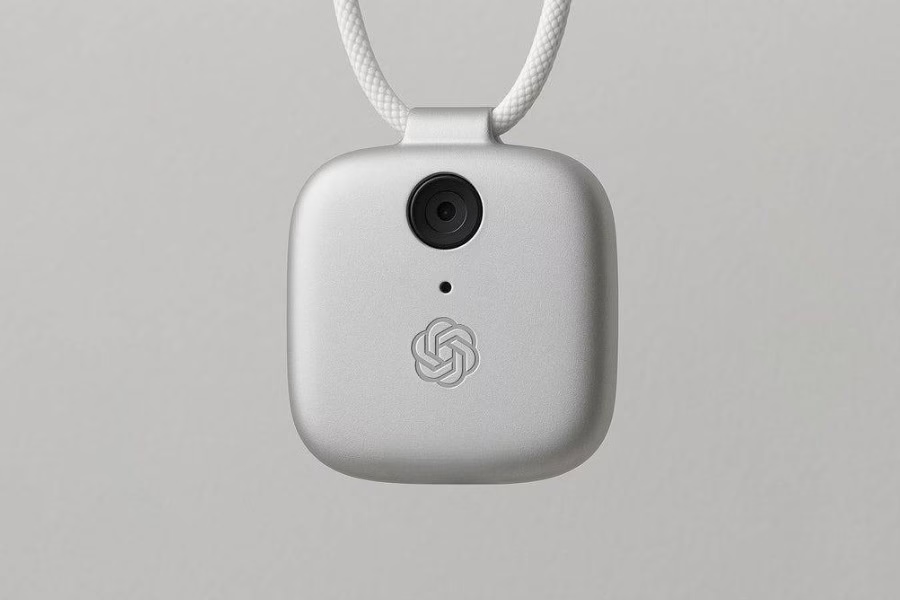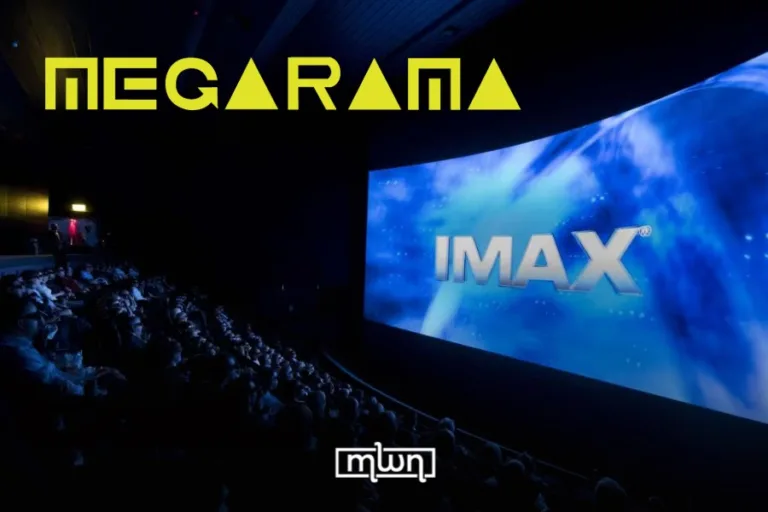OpenAI and Jony Ive are building a mysterious AI device that has no screen and might change everything
Fez– In what might be the most intriguing tech collaboration of the year, OpenAI has teamed up with legendary designer Jony Ive, the man behind Apple’s most iconic products, to create a completely new kind of device.
Their vision is to reshape how we interact with artificial intelligence in a way that feels more natural, more human, and less… screen-based.
Yes, you read that right: no screen.
Ive, Apple’s former Chief Design Officer and the minimalist genius behind the iPhone, believes our current devices are simply not built for the AI era.
“It makes sense to imagine something beyond these tired old products,” he said, according to Al Bayan, referring to today’s phones and computers.
And if anyone can reimagine the future of hardware, it’s the man who made glass and aluminum feel emotional.
OpenAI CEO Sam Altman is clearly all-in. He described the prototype Jony showed him as “the most beautiful piece of technology humanity has ever seen.”
A bold claim, especially when we don’t even know what it is yet. No screen, not wearable, and no leaks. Just suspense, and some serious hype.
So what exactly is this device? No one knows, and that’s part of the magic. Some speculate it could be a fully voice-based assistant, designed to be used hands-free and eyes-free.
Others say it might operate mostly offline, a nod to rising concerns about privacy, data overload, and energy consumption.
What’s clear is that the tech world is entering a new race, not for faster chips or thinner screens, but for smart, intuitive hardware designed around AI.
Google has smart glasses. Amazon’s still pushing Alexa. Apple is cautiously integrating generative AI into its ecosystem. But OpenAI is aiming for a leap, not a step.
And they’re not alone in chasing this dream. Remember the AI Pin by Humane? The $699 wearable that promised to revolutionize personal tech but barely lasted a year?
That flop hasn’t deterred players like Meta or OpenAI from taking bigger swings.
Experts like Olivier Blanchard argue that our dependence on the cloud simply won’t scale. “There isn’t enough energy in the world for unlimited AI expansion,” he warns.
Which is why the next breakthrough device may rely on local, offline intelligence, smart enough to assist you, but light enough to preserve your data, privacy, and battery life.
Whatever this thing is, it’s not just another gadget. It’s a signal: the age of screenless, seamless AI might be closer than we think.
Read also: American-Iraqi Film ‘The Eagle’ Wraps Filming in Marrakech
















